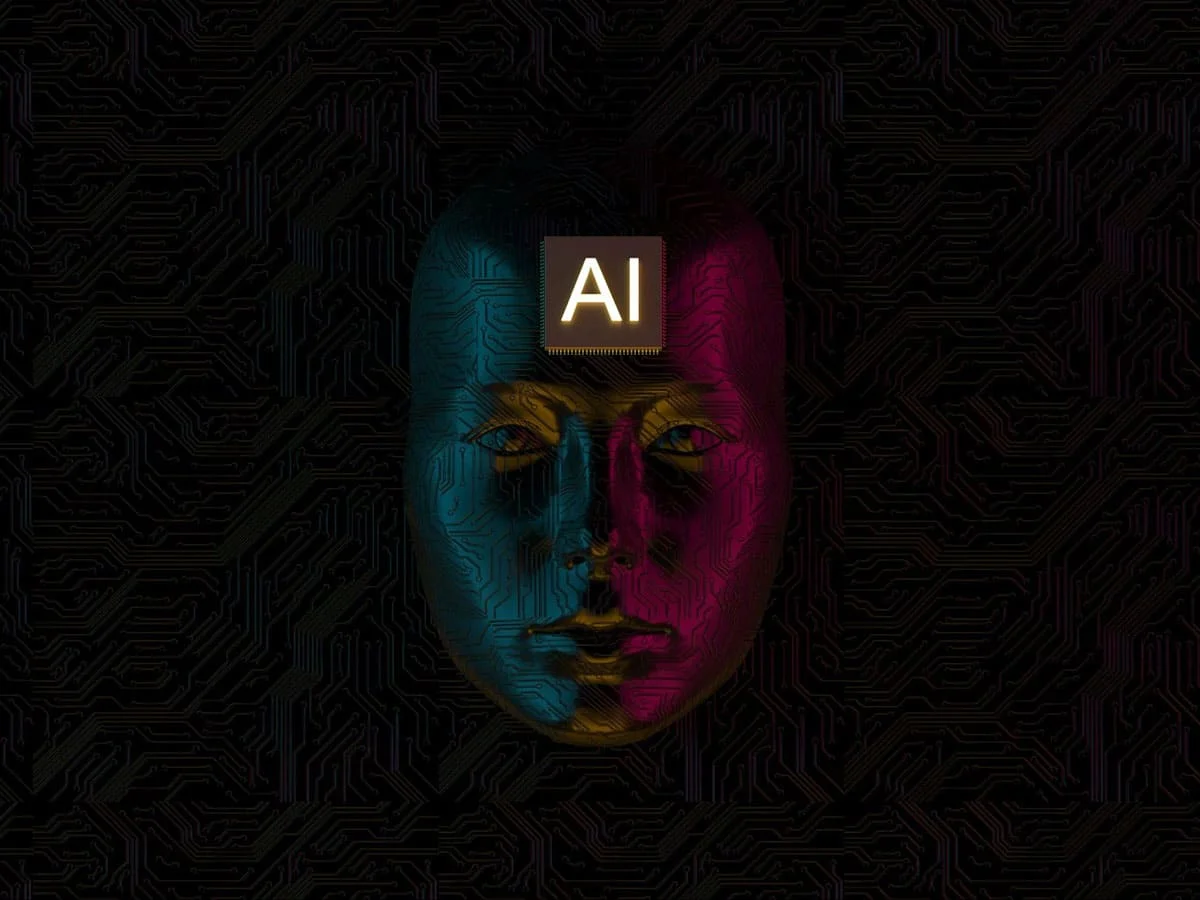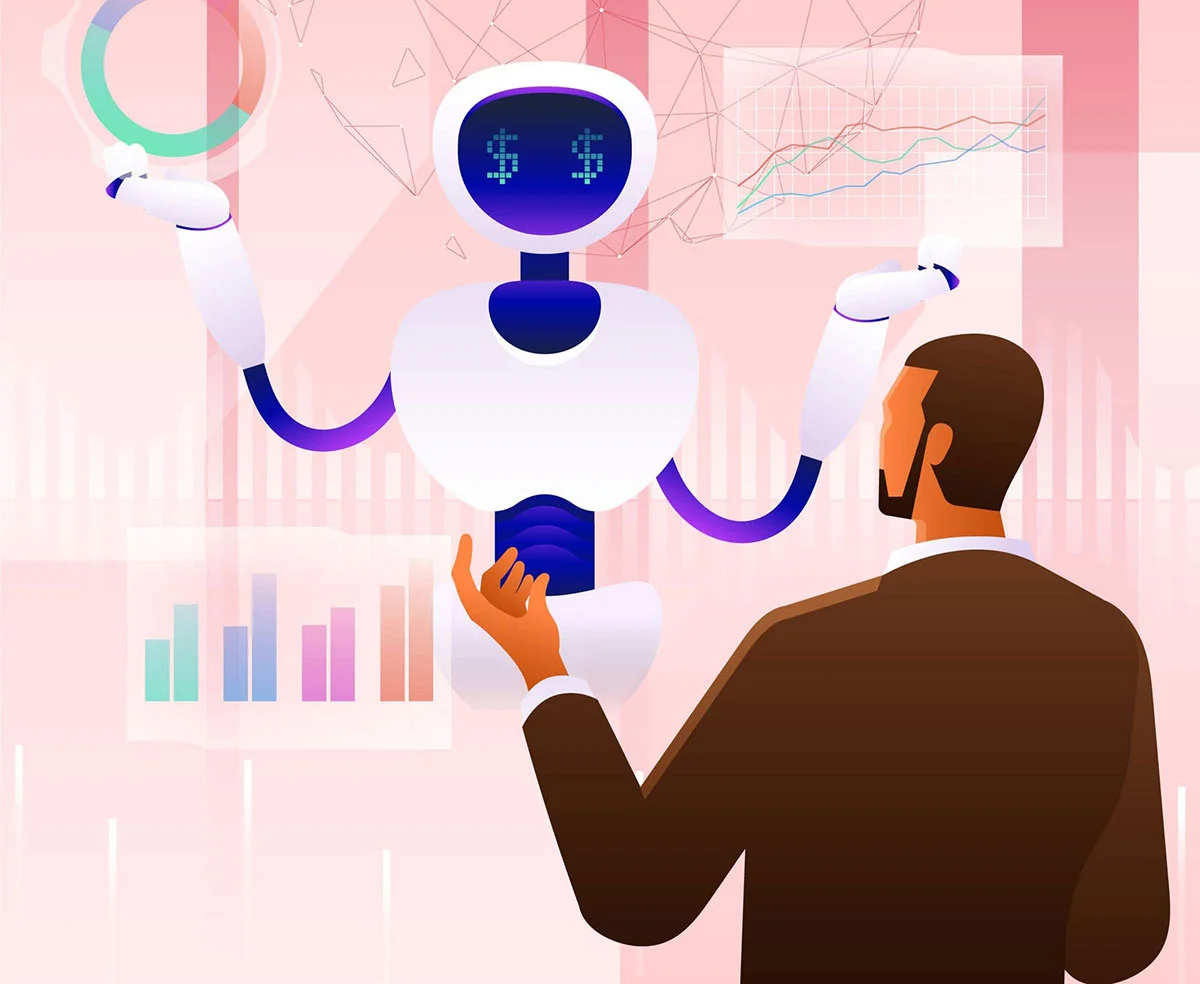How Agentic AI is Revolutionizing Autonomous Systems

Table of Contents
Artificial intelligence has evolved far beyond simple rule-based automation. While traditional AI systems follow predetermined paths, a new paradigm called Agentic AI is emerging that fundamentally changes how machines make decisions and interact with their environments.
Agentic AI represents a significant leap forward in autonomous systems technology. Unlike conventional AI that relies on static programming, agentic systems possess the ability to set their own goals, adapt to changing conditions, and make complex decisions independently. This capability transforms everything from robotic operations to supply chain management.
The implications extend across industries where autonomous decision-making can drive efficiency, reduce human error, and unlock new possibilities. As organizations seek competitive advantages through intelligent automation, understanding how Agentic AI applications reshape autonomous systems becomes crucial for strategic planning and implementation.
Understanding Traditional Autonomous Systems
Traditional autonomous systems operate within carefully defined parameters. These systems excel at executing specific tasks but struggle when faced with unexpected scenarios or changing conditions. A factory robot, for example, can perform welding operations with precision but cannot adapt if the materials or specifications change without human intervention.
Most existing autonomous systems rely on predetermined algorithms and decision trees. They process inputs, match them against known patterns, and execute corresponding actions. This approach works well for stable, predictable environments but becomes problematic when variability increases.
The limitations become apparent in complex scenarios. Traditional systems require extensive programming for each possible situation, making them inflexible and expensive to maintain. They cannot learn from experience or improve their performance over time without manual updates.
These constraints have created a gap between what autonomous systems can theoretically achieve and what they deliver in practice. Machine learning in automation has begun addressing some limitations, but full autonomy requires more sophisticated approaches.
The Revolutionary Role of Agentic AI

Agentic AI transforms autonomous systems by introducing genuine adaptability and learning capabilities. These systems can analyze their environment, identify patterns, and adjust their behavior accordingly. Rather than following rigid programming, they develop strategies based on real-world feedback.
The key difference lies in goal-setting and planning abilities. Agentic AI systems can establish objectives, create action plans, and modify their approach based on results. This creates a feedback loop that continuously improves performance without human intervention.
AI frameworks for autonomous systems now incorporate agentic principles through advanced neural networks and reinforcement learning algorithms. These frameworks enable systems to understand context, predict outcomes, and make decisions that align with broader objectives rather than just immediate tasks.
The learning component sets agentic systems apart. They build knowledge bases from experience, recognize successful patterns, and apply insights to new situations. This capability reduces the need for extensive pre-programming and enables systems to handle novel scenarios effectively.
Real-World Applications Transforming Industries
Robotics and Manufacturing
Manufacturing environments showcase Agentic AI’s potential most clearly. Modern robotic systems equipped with agentic capabilities can optimize production workflows, predict maintenance needs, and adapt to product variations without human oversight. These systems learn from production data to identify efficiency improvements and implement changes autonomously.
Quality control benefits significantly from agentic approaches. AI-powered inspection systems learn to recognize defects that weren’t programmed into their original specifications, improving product quality while reducing waste.
Supply Chain Optimization
Supply chain management represents another area where Agentic AI applications deliver substantial value. These systems analyze market conditions, inventory levels, and delivery schedules to make procurement and distribution decisions. They adapt to disruptions by finding alternative suppliers or routes without human intervention.
Demand forecasting becomes more accurate as agentic systems learn from historical patterns while adapting to changing market conditions. This capability reduces inventory costs and improves customer satisfaction through better availability.
Data Analysis and Business Intelligence
Agentic AI revolutionizes how organizations extract insights from data. These systems can identify trends, anomalies, and opportunities that human analysts might miss. They continuously refine their analysis methods based on the accuracy of their predictions and recommendations.
Business process automation benefits from agentic capabilities through systems that can optimize workflows, allocate resources, and make strategic decisions based on real-time data analysis.
Navigating Implementation Challenges
Implementing Agentic AI systems presents unique challenges that organizations must address carefully. Ethical concerns top the list, as autonomous decision-making systems must align with organizational values and regulatory requirements. Establishing clear boundaries for autonomous actions becomes critical.
Bias in AI systems poses another significant challenge. Agentic systems learn from data, and biased training data can lead to discriminatory or ineffective decisions. Organizations need robust testing and monitoring processes to identify and correct these issues.
Safety measures require particular attention in agentic systems. Traditional fail-safes may not work effectively with systems that can modify their own behavior. Developing new safety frameworks that account for autonomous learning and adaptation becomes essential.
The complexity of agentic systems also creates challenges for maintenance and troubleshooting. When systems modify their own behavior, understanding why certain decisions were made becomes more difficult. Organizations need new approaches to system monitoring and diagnostics.
Future Trends and Innovations
Reliability is paramount in data-driven operations. Generative AI monitors integration logs and data streams to identify anomalies and recommend corrective actions in real time. This enhances the reliability, performance, and fault tolerance of enterprise integrations.

Generative AI development services are expanding to include agentic capabilities, making these technologies more accessible to organizations of all sizes. Cloud-based platforms now offer agentic AI tools that smaller companies can implement without significant infrastructure investments.
Integration across systems represents the next frontier. Future agentic systems will communicate and coordinate with each other, creating networks of autonomous agents that can tackle complex, multi-faceted challenges collaboratively.
The sophistication of decision-making capabilities continues to advance. Next-generation systems will handle increasingly complex ethical and strategic decisions, requiring new frameworks for governance and oversight.
Cross-industry applications will expand as the technology matures. Healthcare, finance, transportation, and energy sectors will see widespread adoption of agentic systems for critical decision-making processes.
Frequently Asked Questions
What is Agentic AI and how does it improve decision-making?
Agentic AI refers to artificial intelligence systems that can set goals, plan actions, and adapt their behavior based on experience. Unlike traditional AI that follows predetermined rules, agentic systems learn from their environment and make autonomous decisions to achieve objectives. This improves decision-making by enabling systems to handle unexpected situations, optimize performance continuously, and respond to changing conditions without human intervention.
How can businesses use AI consulting for autonomous systems?
AI consulting helps businesses identify opportunities for autonomous system implementation, design appropriate architectures, and manage the transition from traditional to agentic systems. Consultants provide expertise in selecting the right AI frameworks for autonomous systems, developing implementation strategies, and establishing governance structures for autonomous decision-making processes.
What role do AI frameworks play in intelligent automation?
AI frameworks for autonomous systems provide the foundational tools and libraries needed to build agentic capabilities. These frameworks include machine learning algorithms, neural network architectures, and development environments that enable the creation of systems capable of learning, adapting, and making autonomous decisions. They simplify the development process while ensuring robust, scalable solutions.
Which industries benefit most from Agentic AI?
Manufacturing, supply chain management, healthcare, finance, and transportation see the greatest benefits from Agentic AI applications. These industries involve complex decision-making processes, dynamic environments, and the need for rapid responses to changing conditions. Agentic systems excel in these contexts by providing adaptive, intelligent automation that improves efficiency and reduces human error.
Embracing the Autonomous Future
Agentic AI represents more than just another technological advancement, it’s a fundamental shift in how we approach automation and decision-making. Organizations that embrace this technology gain significant advantages in efficiency, adaptability, and innovation capacity.
The transformation requires careful planning, appropriate expertise, and robust implementation strategies. Success depends on understanding the technology’s capabilities while addressing its challenges through proper governance and safety measures.
As Agentic AI applications continue expanding across industries, the competitive advantage will increasingly favor organizations that can effectively integrate these systems into their operations. The future belongs to businesses that can harness autonomous intelligence while maintaining human oversight and ethical standards.
Ready to explore how Agentic AI can transform your autonomous systems and decision-making processes?
Contact us for AI implementation guidance tailored to your organization’s specific needs and objectives.
